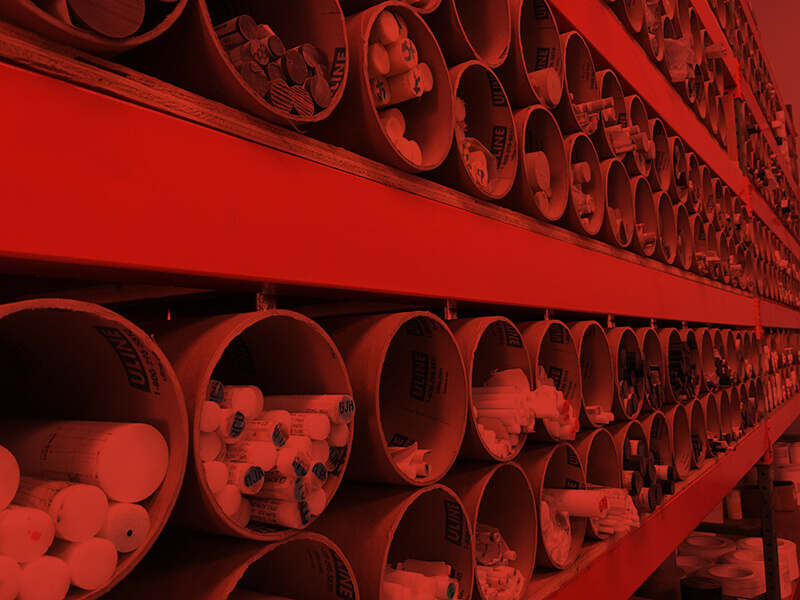High-performance plastics offer numerous benefits over other materials, such as wear-resistance, strength, chemical resistance, weight reduction, insulation, and aesthetics. However, it’s important to understand how these materials react to different environments during design.
One important factor to consider is moisture absorption, which can directly impact the physical and mechanical properties of plastics. Dimensional stability, which refers to the polymer’s ability to maintain its size under varying environmental conditions, can be affected by moisture absorption. Plastics with low water absorption and low thermal expansion are considered dimensionally stable. On the other hand, absorbed moisture can sometimes act as a plasticizer, reducing the glass transition temperature and strength of the material. This side effect is usually reversible, but irreversible effects can also occur, such as changes in tensile strength, impact strength, elasticity, and electrical performance.
The amount of moisture absorbed depends on the type of plastic, ambient conditions (such as temperature, humidity, and contact time), and any additives used. For example, nylon (PA) and polybenzimidazole (PBI) can absorb several percent of their weight, while materials like polyphenylensulfide (PPS), polyetheretherketone (PEEK), and Polyvinylidene Fluoride (PVDF) will absorb much less. Unfilled nylon can absorb up to 4% of its weight in normal conditions and up to 8% in high humidity, while polypropylene absorbs less than 0.01% submerged in water for 24 hours. Polytetrafluoroethylene (PTFE) is the only plastic with zero water absorption.
It’s important to consider the different grades of materials during design if your application will be exposed to high humidity, steam, submersion, and chemicals. Additives such as glass and PTFE can reduce the absorption percentage. ASTM D570 is the standard test method for water absorption of plastics.
Understanding water absorption and how the material will respond during design, machining, shipping, and storage is critical. At Roncelli Plastics, we have over 50 years of experience and can assist in all critical aspects of moisture absorption. From helping on the front-end of design with engineers to select the correct material, to producing the finished part, shipping with moisture-proof precautions, and educating end-users on proper storage, we have you covered. Contact Roncelli Plastics today at info@roncelli.com for expert advice and assistance.

